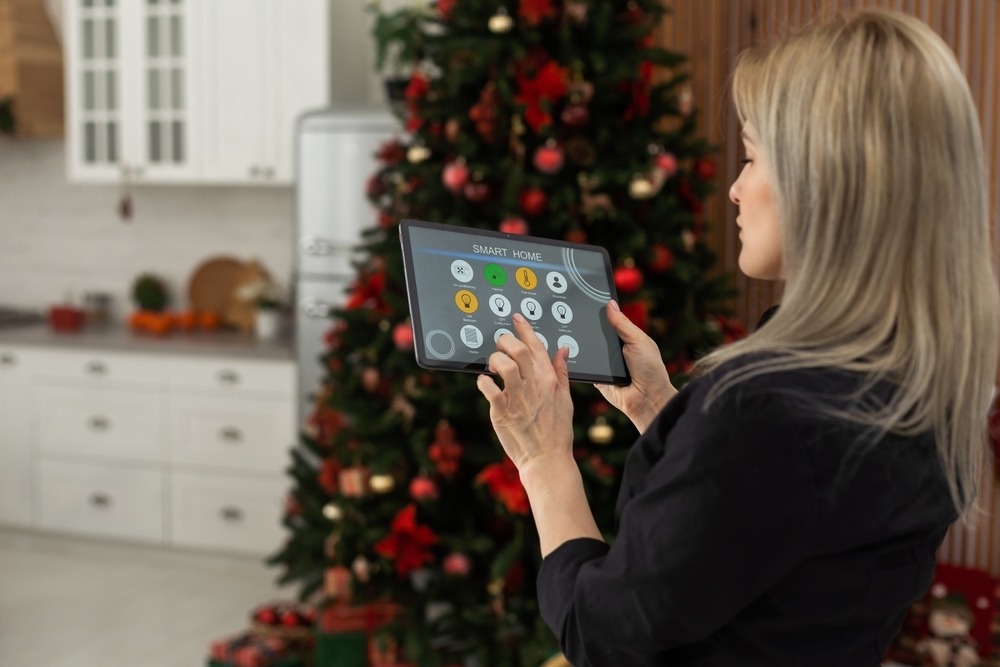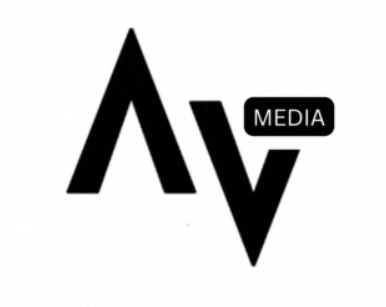Gone are the days of simple pedometers and heart rate monitors. Today’s fitness enthusiasts have access to a plethora of sophisticated health tracking gadgets that can monitor everything from sleep patterns to blood oxygen levels. This explosion of technology promises a future where we can not only track our workouts but gain a deeper understanding of our overall health and well-being.
This blog delves into the world of advanced health tracking, exploring the latest trends, the capabilities of these gadgets, and the exciting possibilities they hold for the future. We’ll also discuss potential drawbacks and limitations to consider as we move towards a more quantified approach to wellness.
The Rise of Quantified Self: A Data-Driven Approach to Health
The concept of “quantified self” (QS) involves using technology to track and analyze various aspects of one’s life, including health, fitness, sleep, and even emotions. Fitness trackers were some of the first QS devices, but the market has exploded in recent years.
Types of Advanced Health Tracking Gadgets:
- Smartwatches and Fitness Trackers: These wearable devices are the bread and butter of advanced health tracking. They track steps, distance, calories burned, heart rate, sleep patterns, and some even offer features like blood oxygen monitoring and GPS tracking. Popular examples include Apple Watch, Fitbit models, Samsung Galaxy Watch, and Garmin wearables.
- Smart Clothing and Accessories: Biometric clothing and accessories are becoming increasingly sophisticated. Smart shirts can monitor heart rate and respiration, while smart socks can track pressure distribution during workouts. Headbands can analyze brainwaves during meditation and sleep.
- Smart Scales: These go beyond weight measurement, offering metrics like body composition analysis (muscle mass, fat percentage), bone density, and even hydration levels.
- Smart Rings and Other Wearables: These discreet wearables offer a comfortable way to track sleep, heart rate, and activity levels throughout the day.
- Non-Wearable Health Trackers: Advanced sleep trackers, smart blood pressure monitors, and even smart scales with advanced health analysis capabilities fall under this category.
Advanced Features of Health Tracking Gadgets:
These gadgets boast various features beyond basic tracking:
- Biometric Monitoring: Many track heart rate continuously, monitor blood oxygen levels, and some even offer features like ECG (electrocardiogram) readings to detect potential heart rhythm irregularities.
- Sleep Tracking: Advanced sleep tracking monitors sleep stages (light, deep, REM), sleep quality, and can even detect sleep apnea or other sleep disturbances.
- Activity Recognition: These devices automatically recognize different activities like running, cycling, swimming, and adjust tracking metrics accordingly.
- Stress Monitoring: Some gadgets use heart rate variability (HRV) to estimate stress levels and offer guided breathing exercises for relaxation.
- Recovery Tracking: These features analyze post-workout heart rate and other data to assess recovery status and suggest rest or further activity.
The Benefits of Advanced Health Tracking:
- Personalized Fitness Insights: Detailed data allows for personalized workout plans based on individual fitness levels and weaknesses.
- Improved Motivation: Seeing progress through tracked data can be a powerful motivator to stay on track with fitness goals.
- Early Detection of Health Issues: Certain health trackers can detect potential underlying health concerns that can be addressed by a doctor.
- Improved Sleep Hygiene: Sleep tracking helps understand sleep patterns and identify factors affecting sleep quality, leading to better sleep hygiene practices.
- Stress Management: Stress monitoring aids in recognizing stress triggers and promoting stress-reduction techniques.
Limitations and Considerations:
Despite the benefits, there are limitations to consider:
- Accuracy and Reliability: Accuracy of certain features like blood oxygen monitoring or body composition analysis may vary between devices and can be affected by factors like placement on the body.
- Data Overload and Information Paralysis: Being bombarded with data can be overwhelming, leading to information paralysis as individuals struggle to interpret it all.
- Privacy Concerns: Data security and privacy are crucial with such sensitive health information. Users should be aware of data collection practices and ensure proper security measures are in place.
- Accessibility and Cost: Advanced trackers can be expensive, potentially excluding those with limited budgets.
- Over-reliance on Technology: Fitness trackers should complement a healthy lifestyle, not replace it. Over-reliance can lead to neglecting other aspects of well-being, like mental health and social interaction.
The Future of Fitness Gadgets and Quantified Wellness:
The potential for advanced health tracking is vast. Here’s what the future may hold:
- Non-invasive Continuous Glucose Monitoring (CGM): This technology could revolutionize diabetes management by continuously monitoring blood sugar levels without finger pricks.
- Advanced Mental Health Tracking: Wearables may be
- able to detect patterns in physiological responses that indicate stress, anxiety, or depression, prompting users to seek help or engage in calming activities.
- Personalized Nutrition Guidance: Advanced trackers might analyze health data and activity levels to recommend personalized meal plans and nutritional advice.
- Integration with Medical Records: Imagine a future where your fitness tracker data seamlessly integrates with your electronic medical records, providing doctors with a more holistic view of your health.
- AI-Powered Coaching and Support: Artificial intelligence (AI) could be used to analyze user data and provide personalized coaching recommendations, workout plans, and even intervene in real-time to prevent injuries or overtraining.
Optimizing Your Journey with Advanced Health Tracking:
Here are some tips to get the most out of your health tracking journey:
- Set Realistic Goals: Don’t get overwhelmed by the sheer amount of data. Focus on a few key metrics that align with your specific fitness goals.
- Understand Your Data: Learn what the different metrics mean and how to interpret them in the context of your overall health and fitness.
- Focus on Progress, Not Perfection: Track your progress over time and celebrate small victories. There will be setbacks, but consistency is key.
- Balance Technology with Real-World Activity: Fitness trackers are tools, not replacements for a healthy lifestyle. Prioritize activities you enjoy and don’t become obsessed with hitting specific numbers.
- Maintain Data Privacy: Be mindful of data collection practices and choose devices with strong security measures.
Conclusion:
Advanced health tracking is revolutionizing the way we approach our health and fitness. These sophisticated gadgets offer a wealth of information and insights, empowering us to make informed decisions for a healthier and more fulfilling life. However, it’s crucial to approach this technology with a critical eye, understanding its limitations and using it as a tool to complement, not replace, a well-rounded approach to well-being.



















